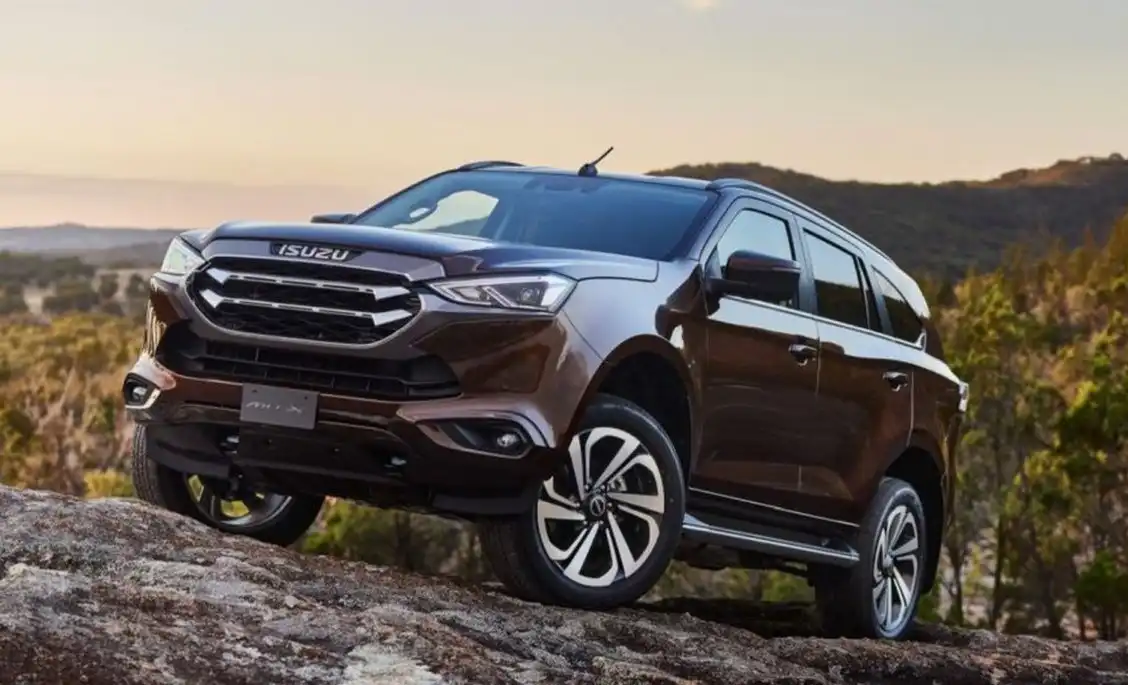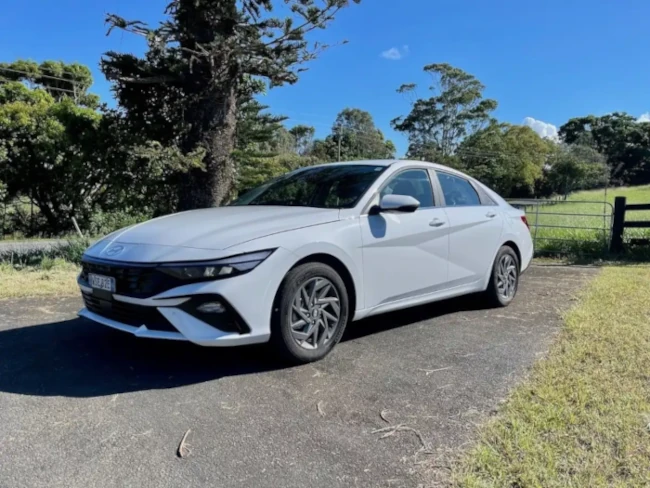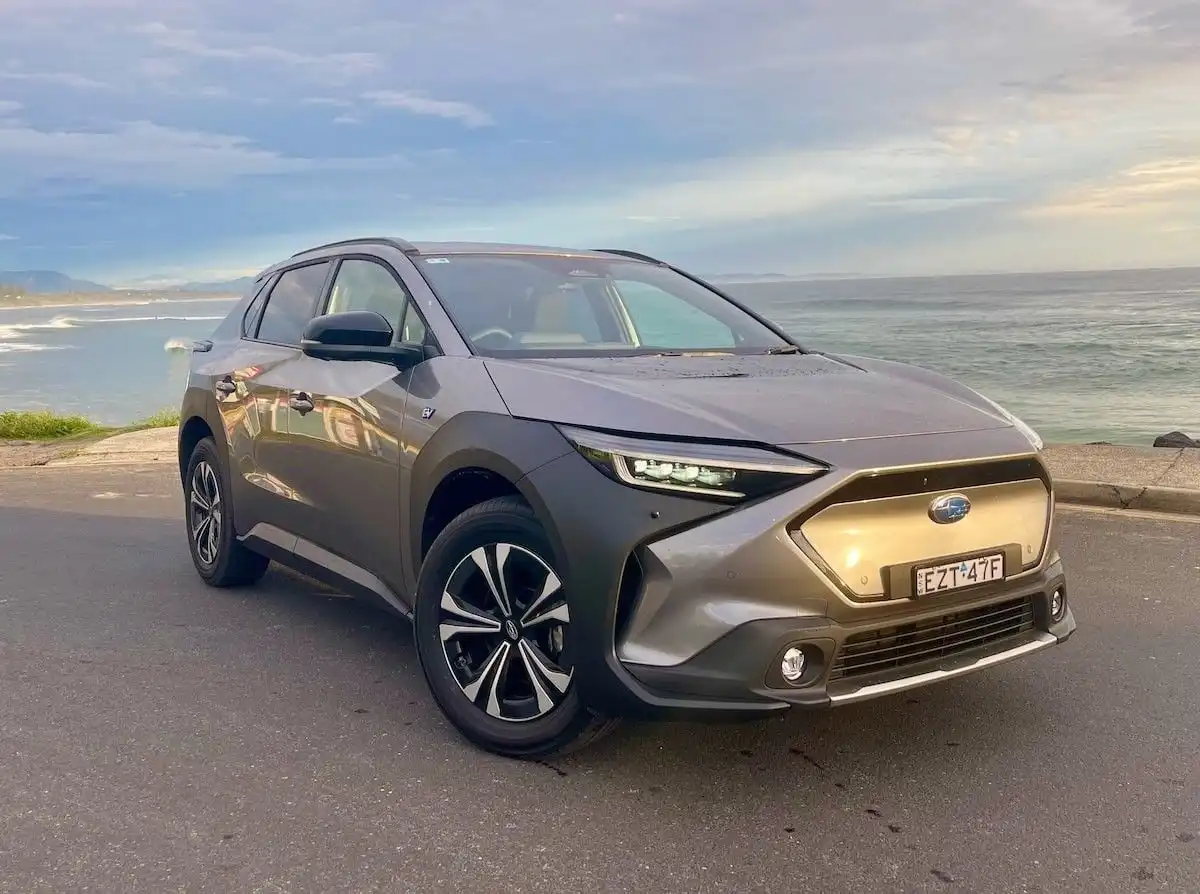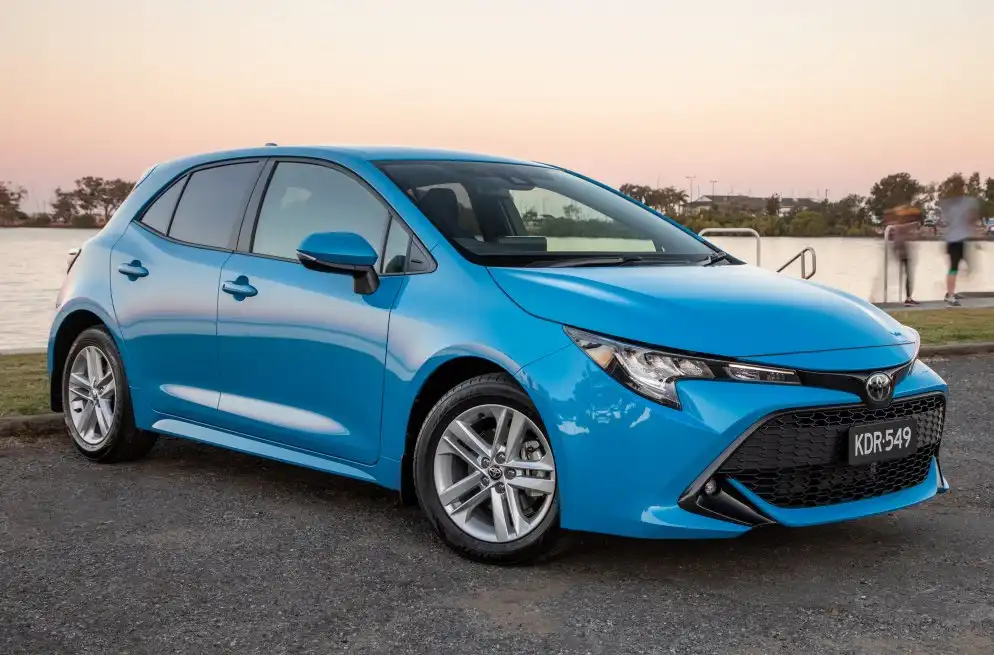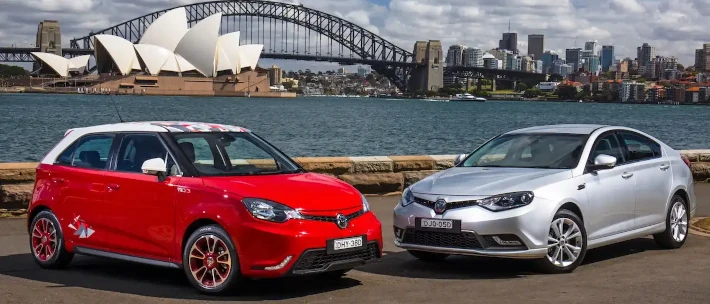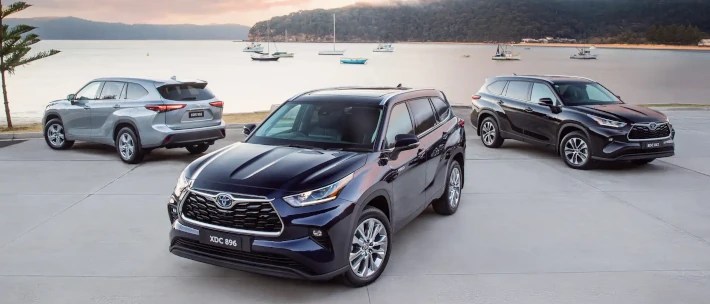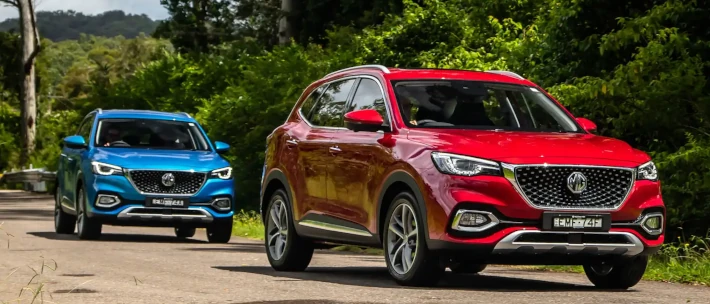While electric vehicles were initially far too expensive considering their lacklustre range figures per charge, advancements in technology and a larger manufacturing base mean they’re fast approaching price parity with their petrol and diesel-powered counterparts.
With that in mind, let’s talk about some of the advantages and drawbacks of the current range of internal combustion vehicles and electric vehicles to find out which is more deserving of your attention.
What are the Pros of a Petrol Car?
The major advantage of a petrol or diesel-powered car is that the internal combustion engine is, currently, the most cost-effective option within the majority of new car segments for buyers.
Developing electric powertrains has proven a cost-intensive investment for manufacturers, with the first few generations of EVs priced far higher than an internal combustion equivalent, which means a petrol-powered vehicle is the cheaper option- but this is changing.
Petrol-powered cars also alleviate major forms of ‘range anxiety’ that plagued early generations of electric vehicles.
A single tank of petrol can take you a considerable distance, and petrol stations far outnumber current charging options making them a more accessible form of long-form travel.
What are the Cons of a Petrol Car?
While modern petrol and diesel-powered vehicles have become far more sophisticated, they remain underwhelming when it comes to outright energy efficiency.
The engine powering a typical passenger car, for example, has a thermal energy efficiency rating of 41% to turn the wheels, which means you’re losing up to 59 per cent of the energy in the process.
As we’ve seen in recent months, the prices of petrol and diesel are also particularly volatile to wider market forces and the geo-political climate, which can dramatically increase the running costs of an internal combustion engine vehicle.
What are the Advantages of an Electric Car?
The primary advantages of electric cars are that they produce no carbon dioxide/monoxide emissions, and reduce our dependency on fossil fuels that contribute to climate change.
While the current sources of energy for charging battery-electric vehicles are primarily sourced from fossil fuels, this can and will change as the power grid integrates more renewable sources of energy.
The electric motor powering an EV is also far more energy efficient than an internal combustion vehicle, with estimates of anywhere between 77 - 90 per cent thermal energy efficiency.
Another major positive for EV owners is that they require far less maintenance than an (ICE) vehicle. While very sophisticated, the average electric motor uses just twenty parts compared to 2,000 of an ICE powertrain; fewer parts means there is less to go wrong and easy maintenance when there is an issue.
As seen in the past few years, the technology surrounding EV’s in rapidly improving. As internal combustion engines get phased out, companies and governments are pouring investment capital into improved technology and infrastructure. This means things such as better batteries, cheaper offerings, and more charging stations.
What are the Disadvantages of an Electric Car?
The major downside of electric cars primarily centre on their limited range figures and the lack of charging infrastructure in Australia that makes current generation EVs difficult to use on a daily basis without prevalent fast chargers.
Using a standard outlet at home, electric vehicles can take more than 10 hours to fully charge, while a fast-charger can top up a battery pack from 10-80 per cent in under an hour.
Early generations of new technologies are often quite expensive, and the same applies to EVs which have lofty price tags that make them difficult to obtain for the average Australian buyer.
It’s also worth noting that lithium-ion batteries degrade and lose their ability to effectively hold a charge over time, although major manufacturers guarantee their cells for up to eight-years.
Electric vs Petrol Cars: Which is Better?
The question of whether a petrol or electric car is the better option for you depends on a range of factors, namely where you live, how far you’re driving each day and your current budget for a new car.
For those living in cities, electric vehicles are undoubtedly a viable and cost-effective car option that can keep up with daily commutes and even stretch its legs on long-distance trips.
For those living outside major metropolitan areas, though, the current lack of charging infrastructure in Australia may prove a major hurdle over time that makes a petrol or diesel-powered vehicle a more logical option.
It’s worth noting that Australia’s charging infrastructure is being constantly improved upon and will likely make this factor less important in the very near future.
The good news for EV buyers right now, though, is that the current range of electric vehicles has come leaps and bounds from first generations, and offers buyers a genuinely competitive offering that reduces operating maintenance costs over time that matches its petrol and diesel counterparts.
Request a Quote
If our explainer of the pros and cons of electric and petrol cars has sparked your imagination, click here to get a free quote or to speak with one of our car-buying experts.

